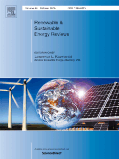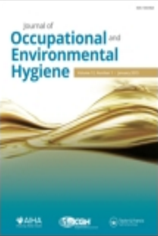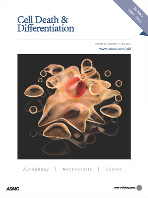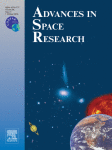 The head of the U.S. Food and Drug Administration (FDA) has called for the retraction of a study about a drug that the agency itself approved earlier this week, despite senior staff opposing the approval.
The head of the U.S. Food and Drug Administration (FDA) has called for the retraction of a study about a drug that the agency itself approved earlier this week, despite senior staff opposing the approval.
On September 19, the FDA okayed eteplirsen to treat Duchenne muscular dystrophy (DMD), a rare genetic disorder that results in muscle degeneration and premature death. Several of its top officials disagreed with the drug’s approval, questioning how beneficial it will be for patients, as Forbes, MedPage Today and others reported.
In a lengthy report Commissioner Robert Califf sent to senior FDA officials on September 16 — that was made public on September 19 — he called for the retraction of a 2013 study published in Annals of Neurology funded by the seller of eteplirsen, which showed beneficial effects of the drug in DMD patients. Califf writes in the report:







 Climate scientists from the U.S. Department of Agriculture have withdrawn a study they wrote under eyebrow-raising pseudonyms.
Climate scientists from the U.S. Department of Agriculture have withdrawn a study they wrote under eyebrow-raising pseudonyms.